Prokaryote proteomics at high temperature for single cells

"The overall aim of PROHITS is to integrate experimental and computational approaches that can resolve the proteome of prokaryotes at single cell level, and at a range of temperatures, in order to improve our understanding of thermophile biology and to guide the optimized design of cell factories"
Abstract
A sustainable climate and an ecosystem-friendly economy demands novel "cell factories", in which organisms convert renewable biomass into various biomaterials that would otherwise be derived from fossil fuels or (harsh) chemistry. Especially promising is the use of thermophilic bacteria and archaea that operate at high temperatures, as this can enable more efficient production processes. However,we currently know very little about the cellular protein machinery (or proteome) of thermophiles, which limits our ability to efficiently use them in cell factories.
The PROHITS project therefore creates a network for ten doctoral candidates to develop mass spectrometry (MS) driven proteomics approaches to study the in vivo proteome of thermophiles, and to apply the obtained insights to cell factory development.
Goal 1
The first aim is to perform proteomics on single prokaryotic cells using advanced microfluidics, MS instrumentation and data analysis, to observe how proteomes vary in individual cells.
Goal 2
The second aim is to enable thermal proteome profiling approaches for thermophiles, to observe how their proteomes respond to temperature changes.
Goal 3
The third aim is to apply the proteomics insights for predicting how in vivo proteins respond to high temperatures, and to create more detailed genome-scale models of thermophiles.
This information is used to improve an existing cell factory that produces lipids for medicine encapsulation, and to expand knowledge of thermophiles that can be used as cell factories. To achieve this, PROHITS creates an integrated pipeline of experimental and computational approaches, built within a collaborative network of academics and industry.
The doctoral candidates will obtain comprehensive and highly complementary skills, ranging from cutting-edge proteomics analysis, over data analysis and prediction, to systems biology approaches to optimise cell factories, which will enable them as future leaders of a thriving and forward-looking European bioeconomy.
Project partners

Vrije Universiteit …
VUB Belgium
Main role: Coordinator
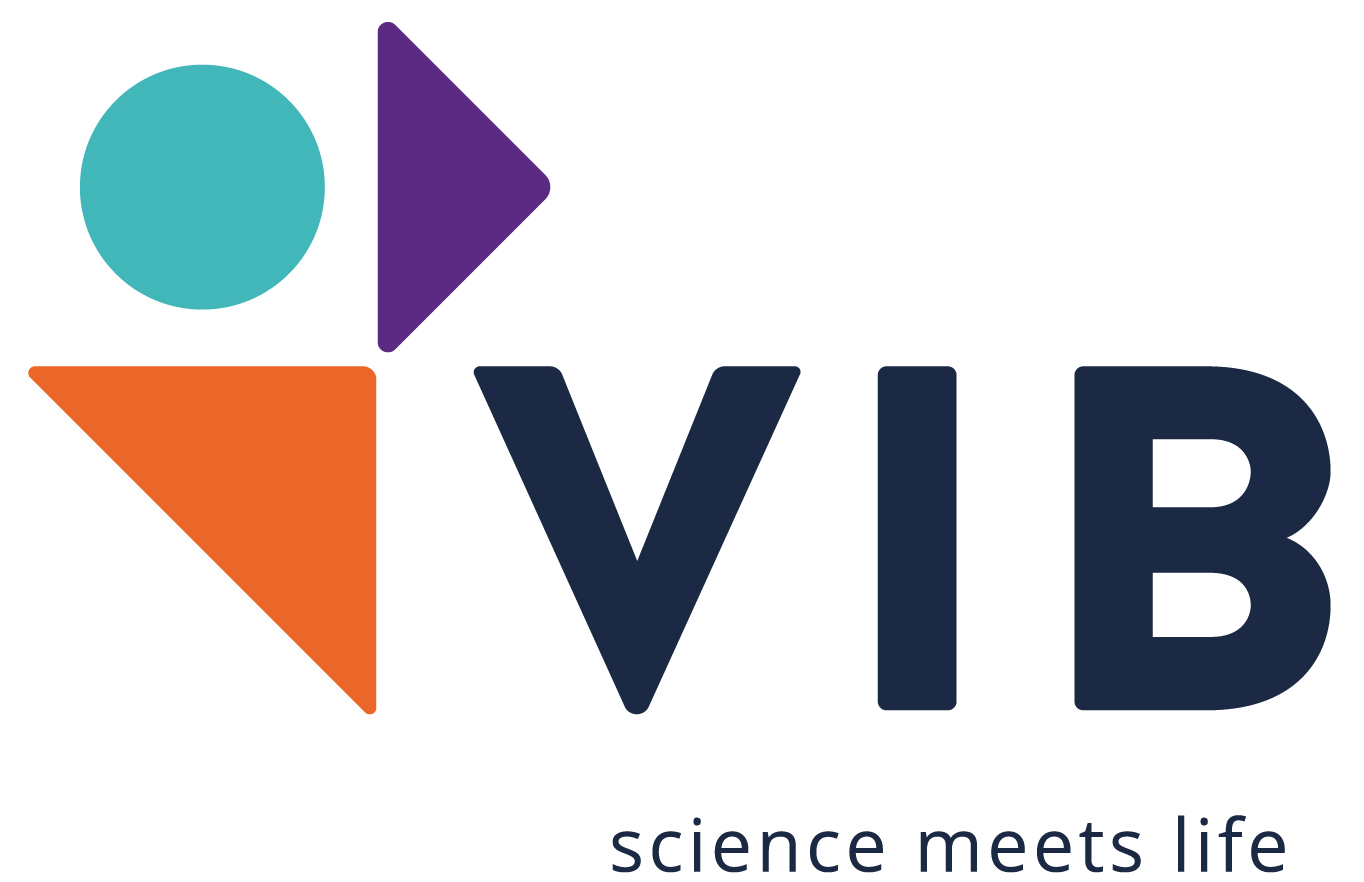
Vlaams Instituut …
VIB VZW Belgium
Main role: Beneficiary
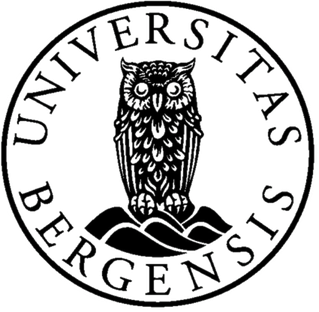
Universitetet i …
UiB Norway
Main role: Beneficiary

Universität Wien
UNIVIE Austria
Main role: Beneficiary

Debreceni Egyetem
UD Hungary
Main role: Beneficiary

Centre National …
CNRS France
Main role: Beneficiary

NovoArc GmbH
NovoArc Austria
Main role: Beneficiary

Cellenion SASU
Cellenion France
Main role: Beneficiary
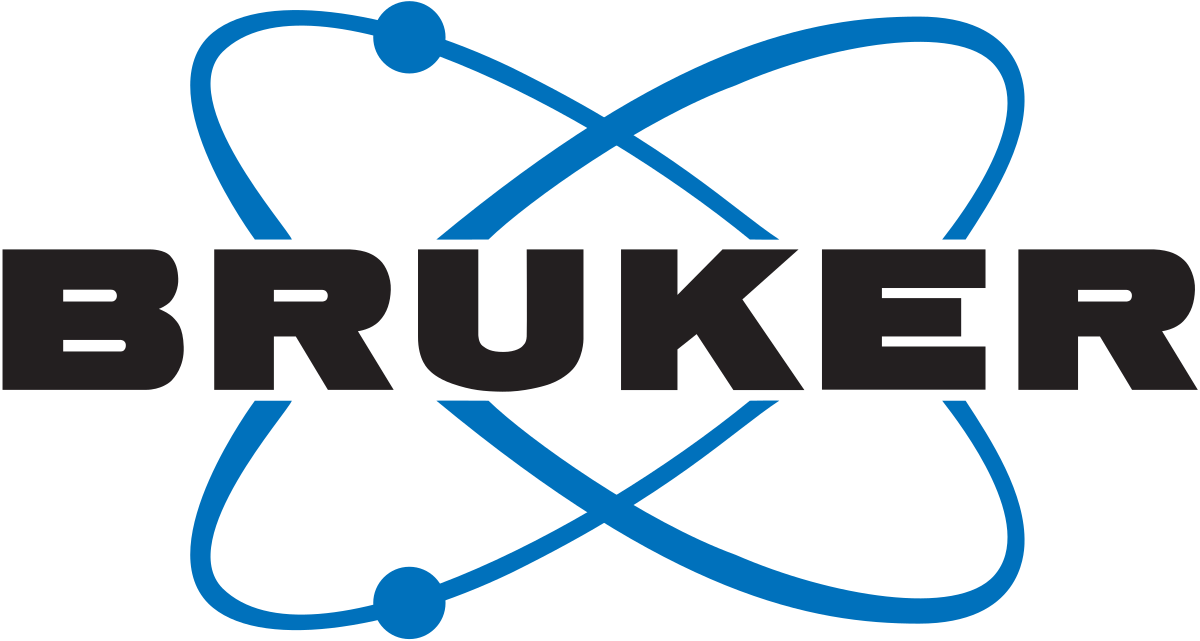
Bruker Daltonics …
Bruker Daltonics Germany
Main role: Associated Partner
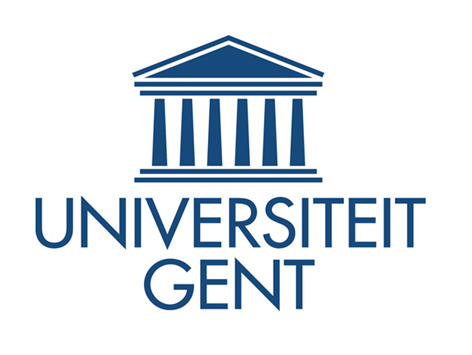
Universiteit Gent
UGent Belgium
Main role: Associated Partner
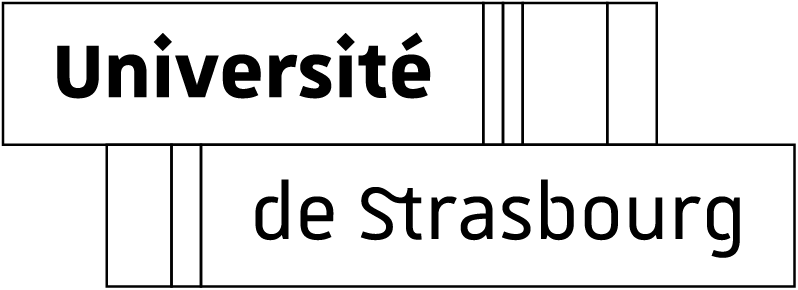
Université de …
UNISTRA France
Main role: Associated Partner